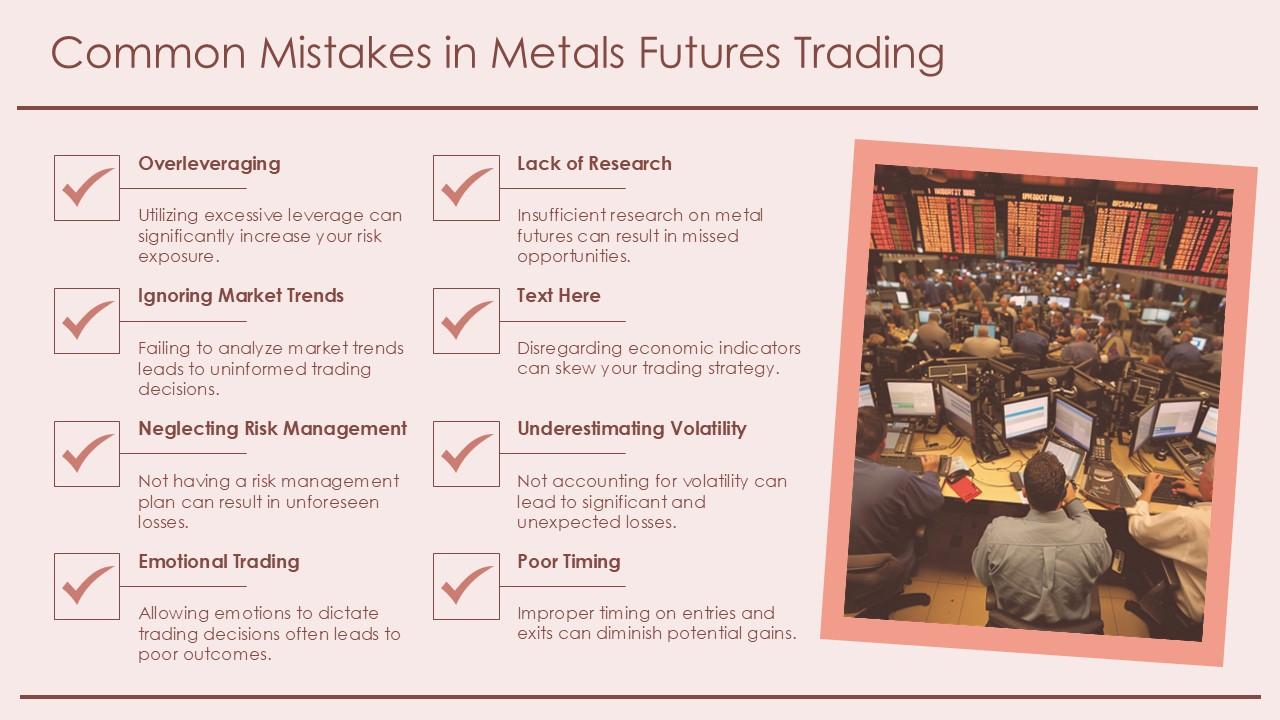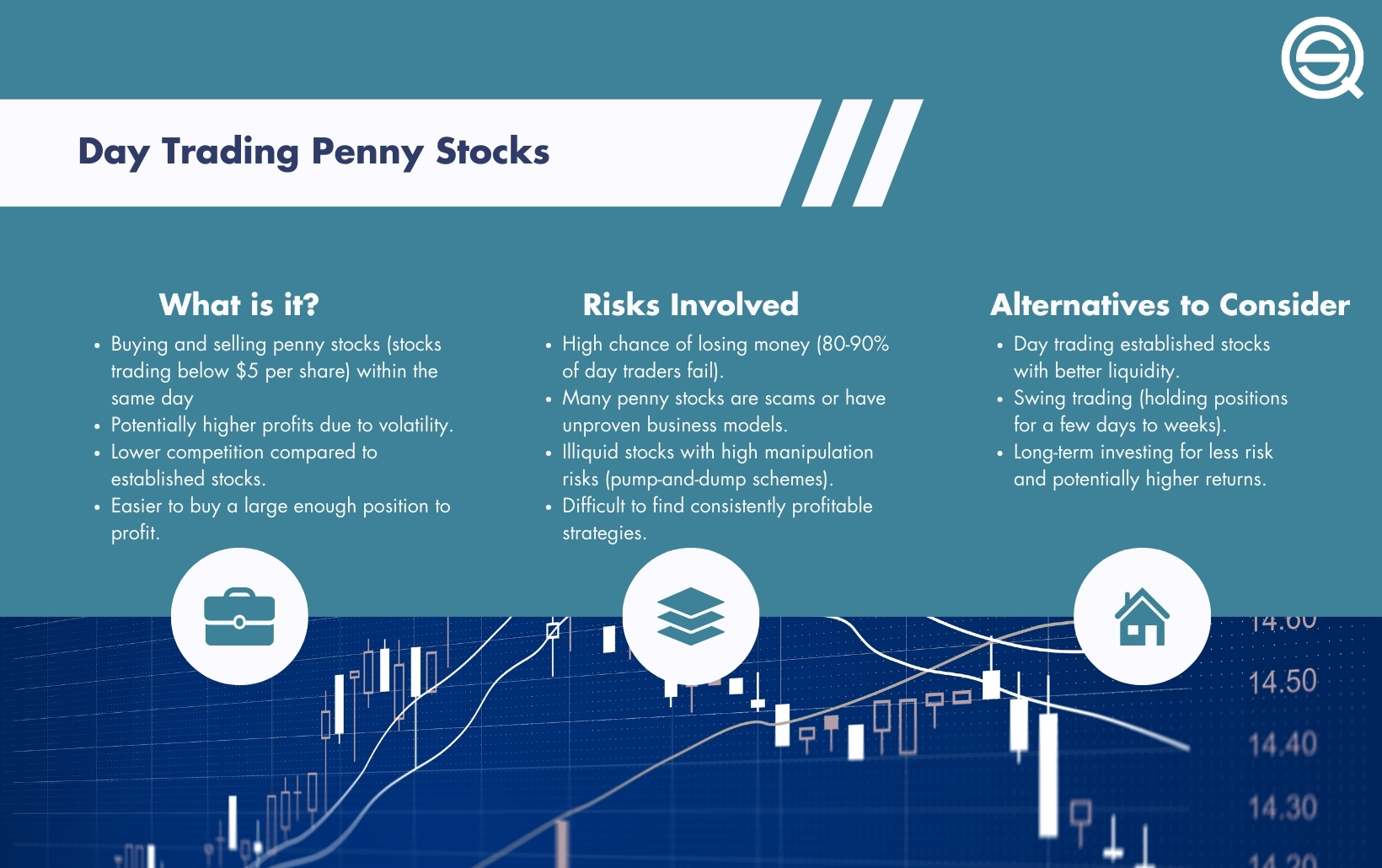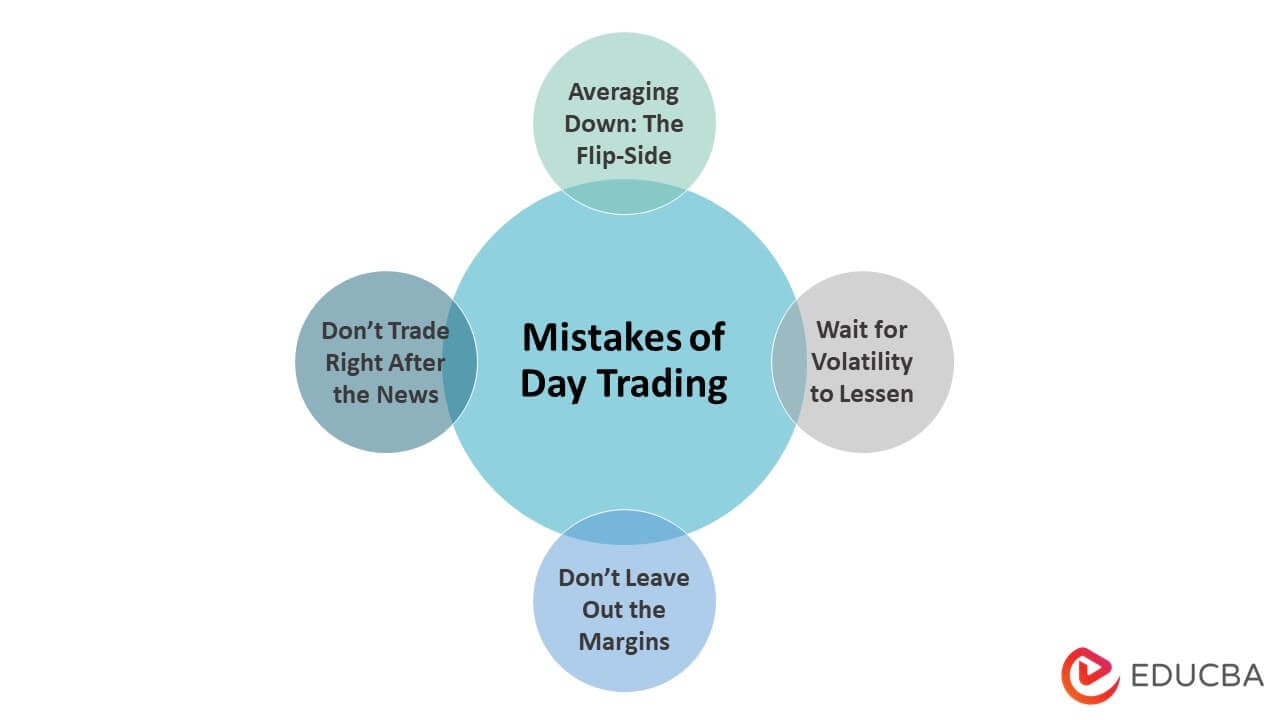Did you know that many day traders would rather wrestle an alligator than admit to their trading blunders? While that might be a bit extreme, avoiding common mistakes is crucial for success in day trading. In this article, we dive into the most frequent errors beginners make, from emotional trading and lack of a solid plan to the dangers of overtrading and ignoring market trends. We also discuss the importance of risk management, education, and discipline in preventing costly losses. Armed with insights from DayTradingBusiness, you’ll learn how to steer clear of these pitfalls and elevate your trading game.
What are the most common day trading mistakes beginners make?
The most common day trading mistakes beginners make include:
1. Lack of a Trading Plan: Jumping in without a strategy leads to impulsive decisions.
2. Overtrading: Trading too frequently can increase costs and reduce profits.
3. Ignoring Risk Management: Failing to set stop-loss orders can result in significant losses.
4. Emotional Trading: Allowing fear or greed to dictate trades often leads to poor choices.
5. Chasing Losses: Trying to recover lost money quickly often results in deeper losses.
6. Neglecting Research: Not analyzing stocks or market conditions can lead to uninformed trading.
7. Overleveraging: Using too much margin can amplify losses and wipe out accounts.
8. Focusing on Hype: Trading based on trends or tips without proper analysis can be risky.
Avoiding these pitfalls can improve your chances of success in day trading.
How can emotional trading lead to costly mistakes?
Emotional trading can lead to costly mistakes by causing impulsive decisions based on fear or greed. When traders let emotions drive their actions, they might hold onto losing positions too long, hoping for a turnaround, or they may exit profitable trades too early due to panic. This can result in missed opportunities and amplified losses. Additionally, overtrading often occurs when excitement clouds judgment, leading to unnecessary fees and risks. Establishing a disciplined trading plan and sticking to it helps mitigate these emotional pitfalls.
Why is a trading plan essential to avoid day trading errors?
A trading plan is essential in day trading because it provides clear guidelines for decision-making, helping to minimize emotional responses that lead to errors. It sets specific entry and exit points, risk management strategies, and profit targets, which reduce impulsive trades. By adhering to a plan, traders can avoid common mistakes like overtrading, revenge trading, and ignoring stop-loss orders. A solid plan fosters discipline, ensuring that traders stick to their strategy and learn from their experiences, ultimately improving their trading performance.
What role does risk management play in preventing day trading losses?
Risk management is crucial in preventing day trading losses as it helps traders set clear limits on potential losses. By using stop-loss orders, traders can automatically exit positions at predetermined levels, minimizing financial damage. Position sizing ensures that no single trade significantly impacts the overall account balance, protecting against large losses. Additionally, diversification can spread risk across different assets, reducing the impact of a poor trade. Overall, effective risk management strategies enhance decision-making and discipline, leading to more sustainable trading practices.
How can lack of education contribute to day trading mistakes?
Lack of education can lead to significant day trading mistakes by causing traders to misinterpret market signals, fail to develop effective strategies, or ignore risk management. Without a solid understanding of technical analysis, traders may make impulsive decisions based on emotions rather than data. They might also overlook the importance of using stop-loss orders, which can lead to substantial losses. Additionally, inadequate knowledge about market trends and economic indicators can result in poor timing when entering or exiting trades. Overall, being uneducated in trading principles can severely hinder a trader's ability to make informed, strategic choices.
What are the pitfalls of overtrading in day trading?
Overtrading in day trading can lead to significant pitfalls. First, it increases transaction costs due to excessive commissions and spreads, which can erode profits. Second, emotional fatigue can result from constant trading, leading to poor decision-making. Third, overtrading often means ignoring strategy, increasing the likelihood of losses. Lastly, it can cause a lack of focus on quality trades, as traders chase every small movement instead of waiting for optimal opportunities. Avoiding these pitfalls is crucial for long-term success.
How can ignoring market trends result in poor trading decisions?

Ignoring market trends can lead to poor trading decisions because you miss critical signals that indicate the market's direction. Without trend awareness, you might enter trades that go against the prevailing momentum, increasing the risk of losses. For example, buying stocks in a downtrend can result in significant financial setbacks, as prices are more likely to continue falling. Additionally, neglecting trends can cause you to overlook opportunities for profit, as you may not recognize when to enter or exit trades effectively. Staying attuned to market trends helps you make informed decisions that align with the broader market context.
Why is it important to avoid chasing losses in day trading?
Avoiding chasing losses in day trading is crucial because it can lead to a downward spiral of increasing losses. When you chase losses, you often make impulsive decisions based on emotion rather than strategy. This can result in larger financial setbacks and poor risk management. Staying disciplined and sticking to your trading plan helps maintain control and protects your capital. Remember, the goal is to trade with a clear mind, not to recover losses quickly.
How can failure to set stop-loss orders lead to bigger losses?
Failing to set stop-loss orders can lead to bigger losses because it allows a losing trade to spiral out of control. Without a stop-loss, you may hold onto a losing position, hoping it will recover, but it can drop further, increasing your loss. This emotional decision-making can lead to significant financial damage and affect your overall trading strategy. Setting stop-loss orders helps you manage risk and protect your capital, ensuring that one bad trade doesn’t derail your entire portfolio.
What mistakes do traders make when choosing stocks for day trading?

Traders often make several key mistakes when choosing stocks for day trading:
1. Ignoring Volume: Focusing on stocks with low trading volume leads to poor liquidity and difficulty executing trades.
2. Neglecting Volatility: Selecting stocks that lack volatility can result in minimal price movements, reducing profit potential.
3. Following Hype: Trading based on news or social media trends without research can result in impulsive decisions.
4. Overlooking Technical Analysis: Ignoring charts and indicators can lead to missed opportunities and poor entry or exit points.
5. Lack of a Trading Plan: Failing to have a clear strategy for entry, exit, and risk management can result in unplanned losses.
6. Focusing on Fundamentals: Day trading requires technical analysis; relying too heavily on company fundamentals can mislead decisions.
7. Emotional Trading: Allowing fear or greed to dictate trades often leads to costly mistakes.
Avoid these pitfalls to improve your day trading success.
Learn about Common Mistakes When Day Trading Stocks
How does inadequate research impact day trading success?
Inadequate research can lead to poor decision-making in day trading, resulting in significant financial losses. Without thorough analysis, traders might misinterpret market trends, overlook crucial news events, or fail to understand stock fundamentals. This can cause impulsive trades based on emotion rather than strategy, increasing the likelihood of losing capital. Additionally, insufficient research may prevent traders from identifying risk management strategies, leading to larger-than-necessary losses. Overall, lack of proper research undermines the foundation of informed trading, making success highly unlikely.
Learn about How to Research Day Trading Stocks
Why is it risky to rely solely on tips and recommendations?
Relying solely on tips and recommendations in day trading is risky because it can lead to poor decision-making without proper analysis. Tips often lack context and may be based on speculation rather than solid data. Following others blindly can result in missed opportunities or losses if the information is inaccurate. Additionally, it undermines your own research and understanding of the market, making you vulnerable to manipulation. Building your own strategy and knowledge is essential for long-term success in day trading.
How can impatience affect your day trading performance?
Impatience can lead to hasty decisions in day trading, resulting in poor entries and exits. When traders rush, they often ignore analysis and risk management, increasing the chances of losses. Impatience can also cause overtrading, where you take unnecessary positions, further eroding profits. Additionally, it may prevent you from sticking to your trading plan, leading to emotional trading instead of strategic decisions. To improve performance, practice patience and discipline.
What are the dangers of trading without a clear strategy?
Trading without a clear strategy can lead to significant financial losses, emotional stress, and poor decision-making. Without a plan, you may chase losses, make impulsive trades, or overreact to market fluctuations. This can quickly deplete your capital and undermine your confidence. Additionally, lacking a defined strategy means you miss opportunities for risk management, making it harder to set stop-loss orders or take profits effectively. Ultimately, trading aimlessly can result in a cycle of frustration and failure.
What Common Mistakes Should I Avoid in Day Trading?

Day trading is the practice of buying and selling financial instruments within the same trading day, aiming to profit from short-term price movements. Common day trading mistakes to avoid include overtrading, lacking a trading plan, ignoring risk management, chasing losses, and failing to stay informed about market conditions.
Learn more about: What is Day Trading?
Learn about Common Mistakes in Day Trading Scalping and How to Avoid Them
How can neglecting to review past trades lead to repeated mistakes?
Neglecting to review past trades prevents you from identifying patterns in your mistakes. Without reflection, you might repeat poor decision-making, like entering trades based on emotions instead of strategy. Failing to analyze losses means missing lessons that could enhance your trading skills. Each unexamined trade is an opportunity lost to improve your approach and avoid future errors.
Why is it important to stay disciplined in day trading?
Staying disciplined in day trading is crucial because it helps you stick to your trading plan, avoid emotional decisions, and manage risk effectively. Discipline prevents impulsive trades that can lead to significant losses. It also ensures you adhere to your strategies, allowing for consistent evaluation of your performance. Ultimately, discipline fosters long-term success and helps you navigate the volatile nature of the market more effectively.
Conclusion about Day Trading Mistakes to Avoid
Avoiding common day trading mistakes is crucial for long-term success. By recognizing the dangers of emotional trading, the necessity of a solid trading plan, and the importance of risk management, traders can significantly reduce their chances of incurring losses. Additionally, ongoing education and disciplined strategies are essential for navigating the complexities of the market. By adhering to these principles, traders can enhance their decision-making skills and increase their profitability. For more insights and resources, explore what DayTradingBusiness has to offer.
Learn about Common Mistakes in Day Trading Scalping and How to Avoid Them
Sources:
- Why Self-Sabotage Is the Greatest Trading Risk | CFA Institute ...
- The price discovery role of day traders in futures market: Evidence ...
- Women and Trading: Currencies, Commodities, and Crypto | CFA ...
- How I Generate Investment Ideas | CFA Institute Enterprising Investor
- TIPS FOR AVOIDING THE TOP 20 COMMON INVESTMENT ...
- IPO pricing as a function of your investment banks' past mistakes ...